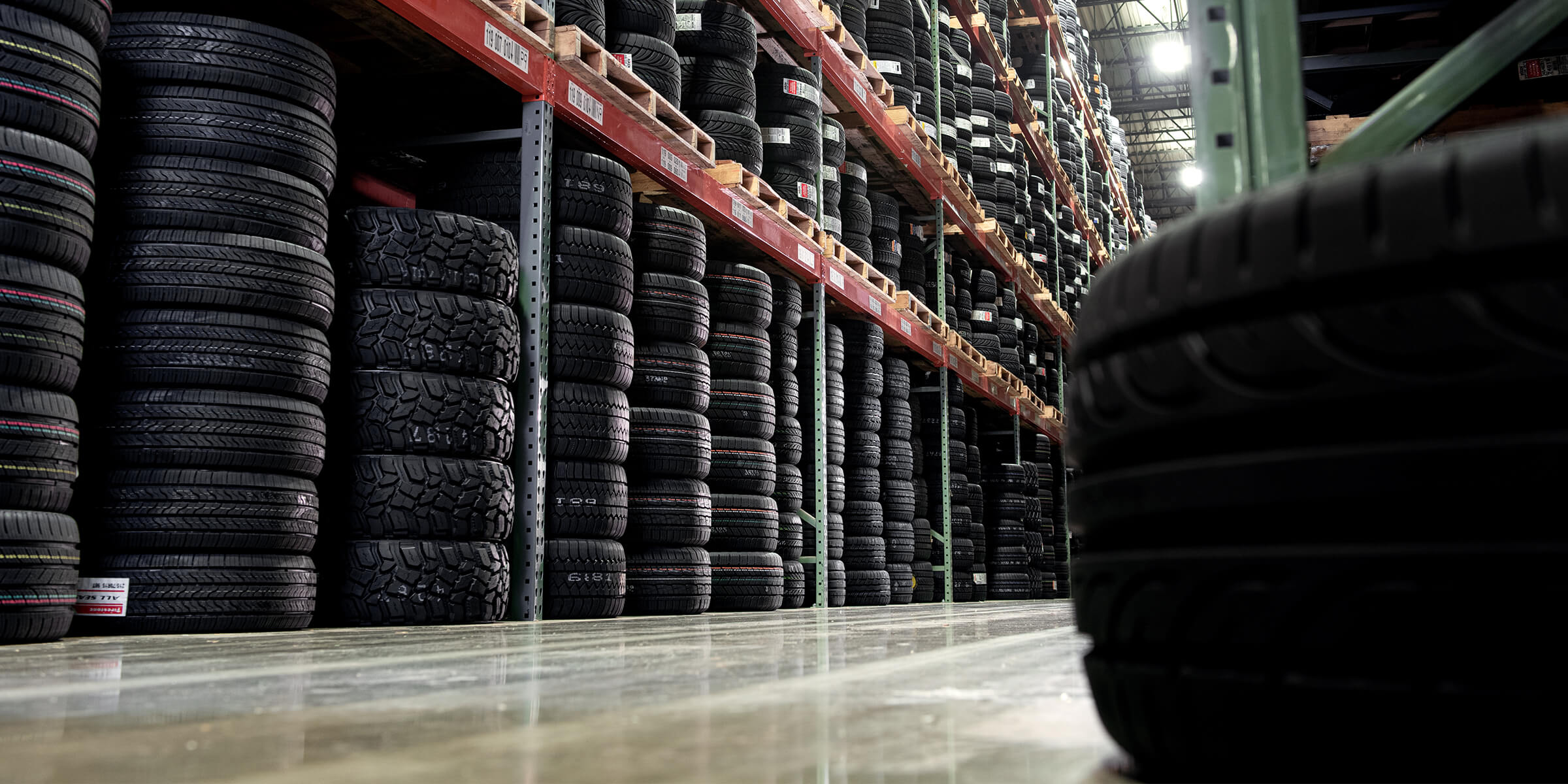Tire Solution: Recognizing Tire Pressure Surveillance Equipments
Comprehending Tire Pressure Monitoring Equipments (TPMS) is a crucial facet of maintaining ideal car efficiency and security when traveling. With advancements in vehicle innovation, TPMS has ended up being a typical feature in contemporary lorries, supplying real-time information on tire pressure levels. Digging much deeper into the details of TPMS, one can uncover the numerous parts that make up this system and the importance of each in ensuring precise tracking. From straight to indirect TPMS systems, the landscape of tire stress surveillance is diverse, each with its unique collection of considerations and advantages. Stay tuned to unwind the intricacies of TPMS, from upkeep suggestions to the obvious benefits of maintaining your tires properly inflated. tire shop morris.

Importance of TPMS
The significance of Tire Stress Surveillance Systems (TPMS) depends on their ability to enhance lorry safety and security and efficiency via real-time surveillance of tire stress levels. Maintaining the proper tire stress is important for making sure optimal handling, stopping, and total safety and security of a car. TPMS offers chauffeurs with prompt comments on any type of underinflated or overinflated tires, permitting prompt adjustments to be made.
Components of TPMS
Sensors are usually located in the tire valve stem or affixed to the wheel setting up, where they measure tire stress and transmit data to the control module. Some progressed TPMS models additionally display the actual tire pressure readings for each tire, offering chauffeurs with real-time details to make certain ideal tire performance and security. By checking tire pressure continually, TPMS assists prevent crashes, minimizes tire wear, and enhances gas effectiveness, making it an important component for lorry safety and performance. tire shop morris.
Kinds Of TPMS

On the other hand, indirect TPMS depends on the automobile's wheel speed sensing units to keep track of tire pressure. This system identifies underinflation by contrasting the rotational speeds of the wheels. Indirect TPMS is less costly than direct TPMS, as it uses existing sensors within the automobile.
While straight TPMS supplies extra accurate readings, indirect TPMS is simpler in style and normally calls for much less upkeep. Both systems have their limitations and benefits, and the selection in between them usually depends on elements such as expense, car make, and individual preference. Understanding the differences find more in between these 2 sorts of TPMS can assist car owners make informed decisions concerning tire maintenance and safety.
TPMS Maintenance Tips
Conduct regular checks on the tire pressure degrees and contrast them with the TPMS analyses to guarantee they are regular. Throughout tire turning or replacement, make certain that the TPMS parts are taken care of meticulously to prevent any type of potential damage. If the TPMS advising light illuminates on the dashboard, attend to the problem without delay click here to read by examining the tire stress and the total system for any type of mistakes.
Advantages of Correct Tire Stress
Keeping appropriate tire stress, as highlighted in TPMS Upkeep Tips, is vital for reaping the many advantages connected with optimal tire pressure degrees. In addition, appropriate tire stress ensures also tire wear, extending the life-span of the tires and advertising much safer driving problems. In conclusion, the advantages of correct tire pressure go beyond just tire longevity; they encompass boosted gas performance, improved security, far better vehicle performance, and general driving convenience.
Final Thought
To conclude, comprehending tire stress surveillance systems (TPMS) is important for preserving optimal tire stress and ensuring vehicle safety. By acknowledging the value of TPMS, being acquainted with its elements, understanding the various types available, sticking to proper maintenance ideas, and recognizing the advantages of maintaining proper tire pressure, vehicle drivers can boost their driving experience and lengthen the life-span of their tires. Correct tire pressure is crucial to reliable and safe vehicle operation.
